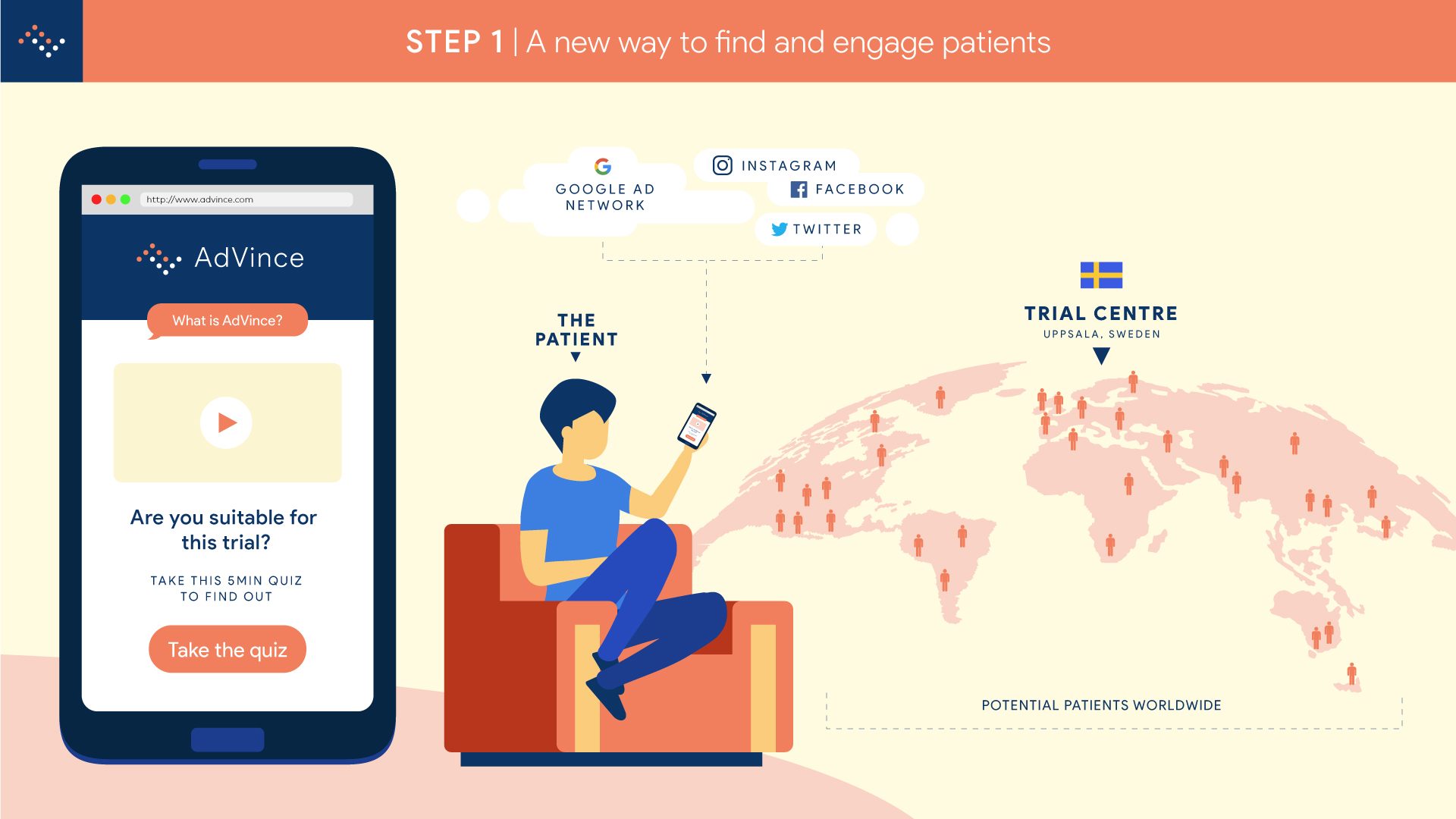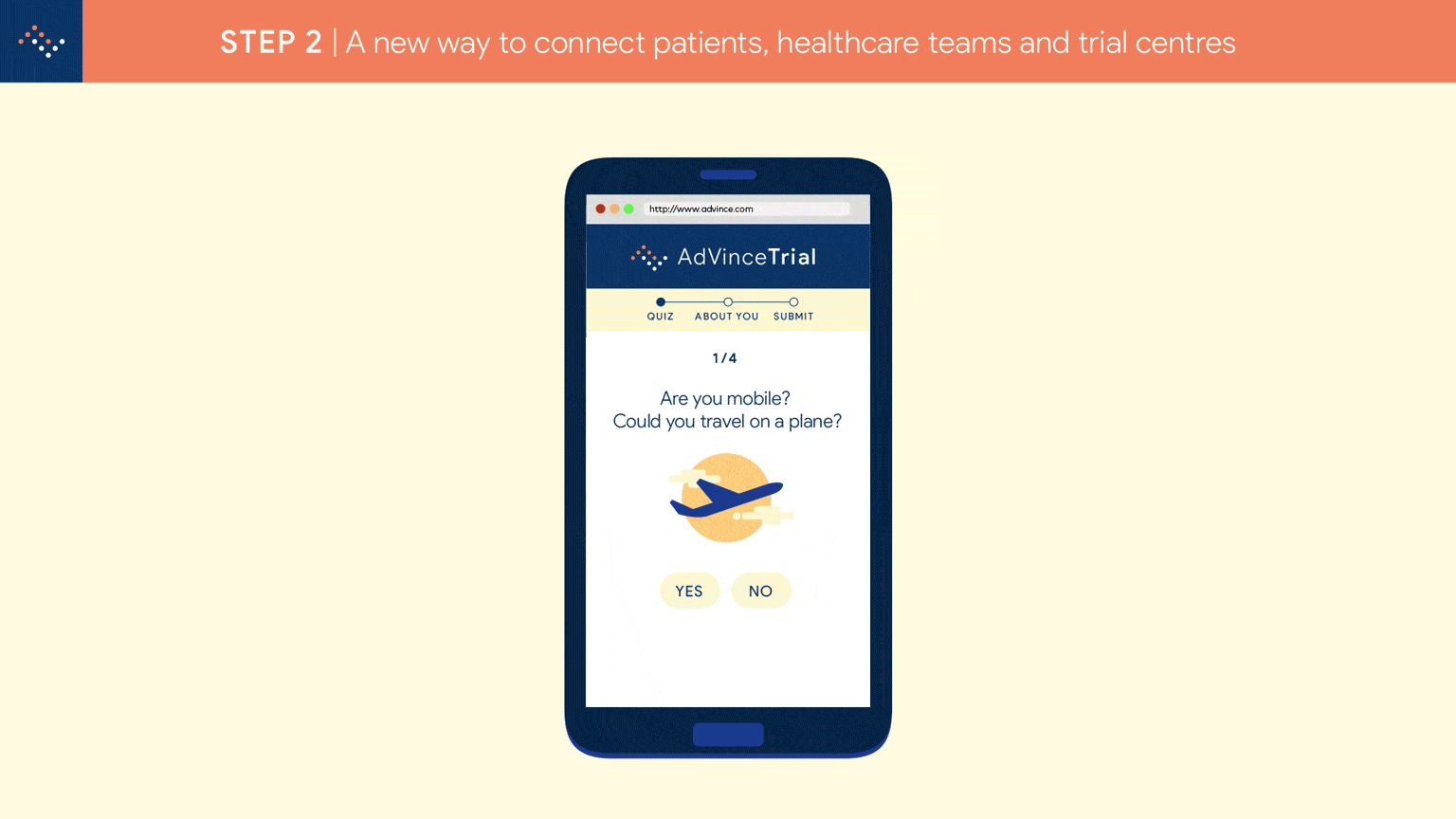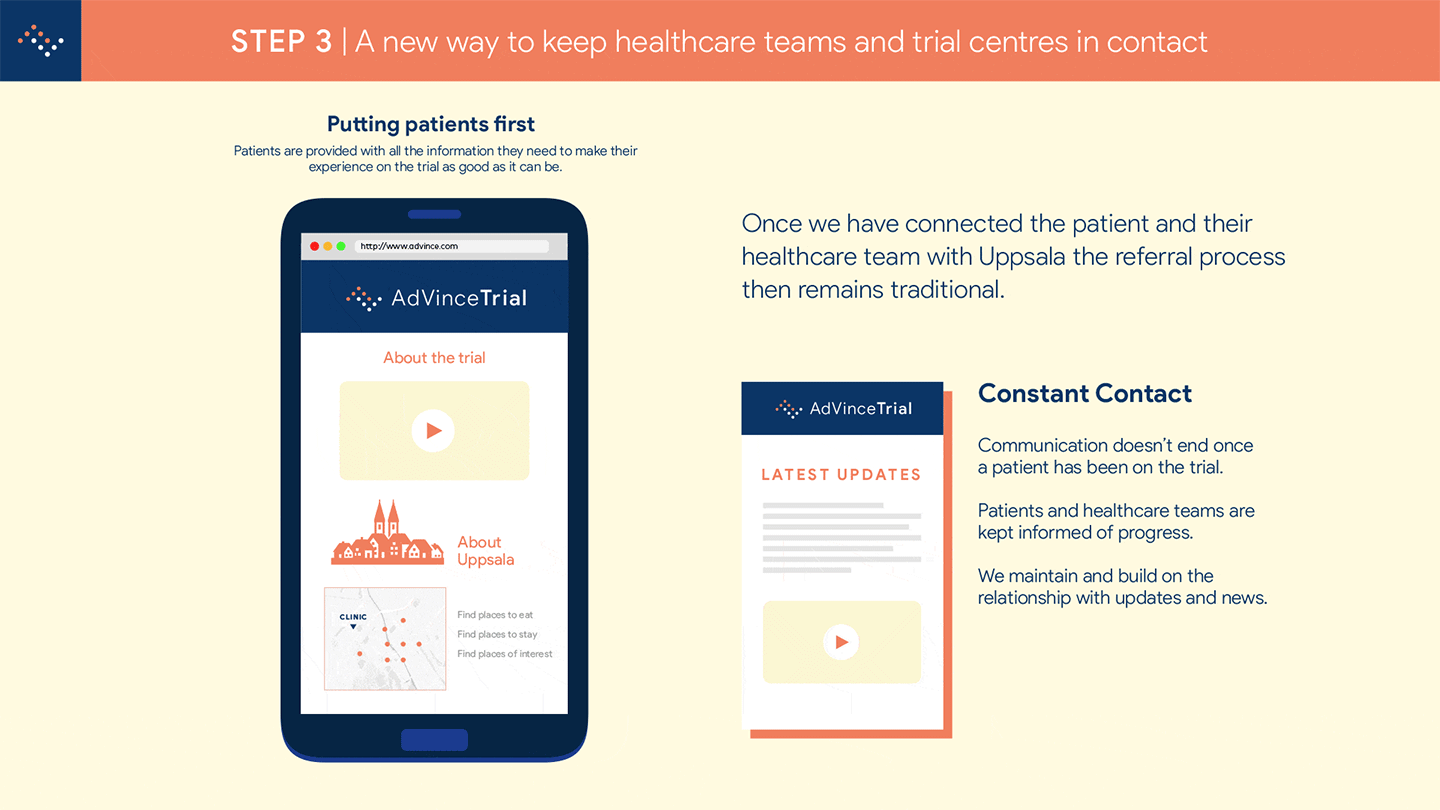Using social media and digital marketing to improve patient engagement
We have been looking at how we can improve recruitment for clinical trials using social media.
In 2012 we raised £2million in eight months to finance a clinical trial of a potential treatment for neuroendocrine cancer.
The Financial Times called our campaign, ‘the most successful medical crowdfunding campaign in web history.’
It was the first-time funds had been raised for a clinical trial in this way.
The trial began – with very promising initial results – and in our naivety, we thought our job, the communications part, was over.
Not so.
Clinical trials fail to recruit
The preclinical research was excellent and was published in peer-reviewed, world-leading medical journals.
There were very promising clinical results with the first patients.
And the lead clinician of the trial was the internationally famous Professor Kjell Öberg, working at one of the leading neuroendocrine cancer centres in the world.
Yet despite all of this, the trial has, after five years, still only managed to recruit seven patients.
Bad case of a common problem
This trial at Uppsala University is not alone in its failure.
According to a report by the Tufts Centre for the Study of Drug Development (a leading think-tank at Tufts University, USA) 80-90% of clinical trials fail to hit recruitment targets on time.
And 27% of trial sites are unable to recruit a single patient.
80-90% of clinical trials fail to hit recruitment targets on time
Tufts Centre for the Study of Drug Development
The study also revealed that although nurses and physicians said they felt comfortable talking to patients about clinical trials only 0.2% actually referred patients.
In addition, nurses and physicians reported never receiving initial or follow-up contact from investigative site staff following a referral.
This trial is a bad case of a very common problem.
It’s a communication problem
Our research has shown that this isn’t happening because there is a lack of budget for enrolment and communication with patients because approximately 29% of the cost of a clinical trial can be attributed to enrolment.
It’s happening because the budgets are not being spent effectively and patient engagement strategy hasn’t evolved to reflect how patients (people) communicate, share and gather around a common interest in our modern digital world.
It soon became clear to us that all these obstacles are communication problems.
Embracing digital marketing tools
The Tufts report and other researchers agree. A principal cause for the woeful repeated failure of clinical trials to recruit patients is that those running the studies simply aren’t providing the level of communication, coordination and outreach necessary.
They are not embracing digital marketing tools to develop deep and genuine public engagement with patients.
On the occasions that hospitals do use digital tools, it is just to provide updates or advertising. They treat social media as just a new type of billboard.
To be successful in a world that uses modern media, enrolment strategy has to foster and maintain a genuine dialogue with patients.
That is not happening.
Hospitals and clinical trials teams, expert at research and brilliant at medicine, are not trained to understand social media or true patient co-involvement in their work.
You Trial – Our solution

We have developed a digital communication solution to the recruitment problem.
We believe it will help put our hard-won trial at Uppsala University back on the enrolment track.
If successful, we plan to roll it out to help recruitment with other clinical trials.
Recruitment for clinical trials using social media
Our project can be described in three easy steps.
1/ We pro-actively connect and foster relationships with patient communities across the world.
2/ We drive interested patients to our website where they can take the inclusion criteria quiz, written in simple plain English, to test whether they are suitable for the trial.

Easy inclusion criteria quiz
If the patient meets the inclusion criteria then an email is immediately and automatically sent to the patient, their consultant and the trial co-ordinator.
This puts all the relevant people in touch.
The patient isn’t enrolled on the trial at this point but what they will know is whether this trial is something that may work for them.
The patient is then empowered to take this information directly to their consultant for discussion.
The consultant will also automatically receive all the information they need to assess whether this is a trial that would work for their patient.
Constant contact
In addition, the trial coordinator will be informed of a potential patient and they can get directly in touch with both the patient and the consultant
Our tool will simplify the process for all parties and reduce the administrative burden.
It is important to note that this tool doesn’t replace the traditional referral process, that of the patient discussing the trial with their consultant and deciding together if it is something that would be desirable.
But what it does do is enable the patient to pro-actively discover the trial, understand it more easily, and quickly asses whether it may be right for them.

Providing local information
The tool will also provide patients with all the information they need to make their experience on the trial as good as it can be.
Once we have connected the patient and their healthcare team with Uppsala the referral process then remains traditional.
We then keep all parties in constant contact.





